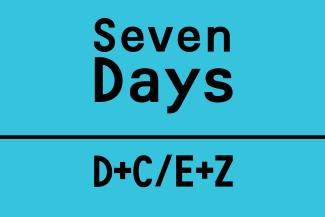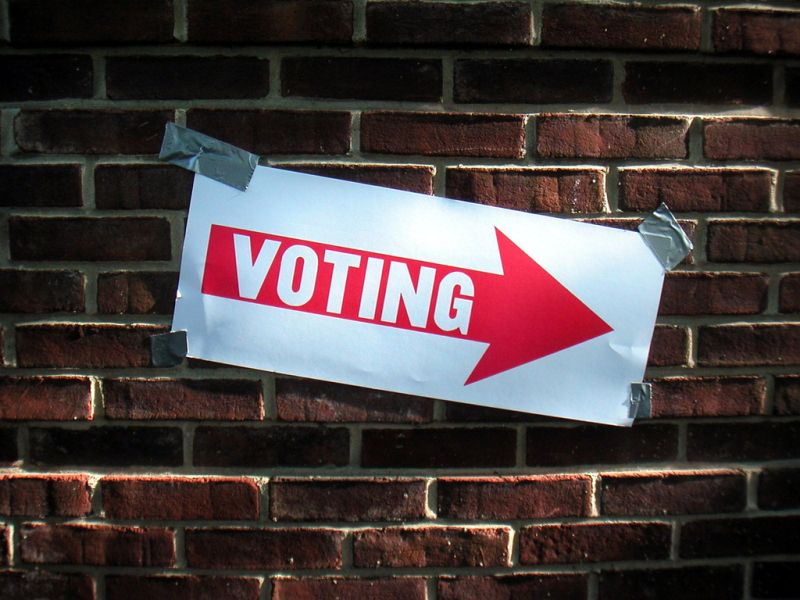In brief
News of the week

Burundi’s President wins third term in office
Burundi’s President Pierre Nkurunziza has won a third term in office in a controversial election on Tuesday. He won 69.4 % of the votes cast, as the election commission announced on Friday. The outcome was expected since the opposition had boycotted the vote. Nkurunziza’s candidacy was highly disputed: The country’s constitution only allows two terms in office. But neither street protests, nor an attempted coup, nor appeals from the international community deterred Nkurunziza from running for office again.
Some analysts now see Burundi on the brink of civil war, and they don’t expect the situation to get any better after the election. The EU is considering sanctions against Burundian officials. The USA has declared that the election was “not credible” and has imposed visa bans on some members of the regime. UN Secretary-General Ban Ki-moon called on all parties to remain calm an resume an inclusive political dialogue.
Sources: AFP, Reuters, UN
Chad’s former dictator on trial in Senegal
Hissène Habré, Chad’s former dictator, is facing trial in Senegal. He is accused of crimes against humanity, war crimes and torture. According to human-rights groups, some 40,000 people were killed under his rule.
A special tribunal called the Extraordinary African Chambers is handling Habrés case. It is the first time a former African head of state is put on trial in another African country. The special tribunal is based on agreement of Senegal with the African Union. In the past, similar cases were heard by the International Criminal Court in The Hague, but African governments have lately voiced criticism of the ICC only trying Africans.
Habré has been living in Senegal for many years, after having been toppled by Idriss Déby. Habré’s regime was backed by western governments because he was considered a counterweight to the Gaddafi regime in Libya.
Habré disputes the legitimacy of the Extraordinary African Chambers and has refused to choose lawyers to represent him. The case has been adjourned to September so the court can appoint lawyers.
Sources: The Guardian, Les Echos
Gold price slump
The gold price fell below $ 1,100 per ounce for the first time in five years last week. Experts reckon it will remain low for the time to come. Several issues are driving the trend. The strong dollar is one reason – as the US currency becomes more expensive, investors from economies that do not use the dollar have to invest more to get the currency they need to buy gold on the world market. Moreover, many Chinese households had recently shifted to buying stock-market shares rather than gold. In China, India and other emerging markets and developing countries, many people traditionally invest their savings in gold. Finally, a low gold price indicates that international investors do not worry about inflation.
Sources: taz, FT
Maurice Obstfeld is IMF’s next chief economist
Maurice Obstfeld will take over from Olivier Blanchard as chief economist at the International Monetary Fund in September. Obstfeld is currently a member of US President Barack Obama’s Council of Economic Advisers and was previously the head of the economics department at the University of California, Berkeley.
Obstfeld has co-authored books with Kenneth Rogoff, a former IMF chief economist, and Paul Krugman, the Nobel laureate and New York Times columnist. His economic thinking does not differ much from Blanchard’s, who is retiring.
Obstfeld specialises in international economics and has emphasised the need to correct global imbalances. Observers believe that his stance will be friendly towards emerging markets should they face difficulties once interest rates begin to rise again in the USA. He is also a critic of the European Monetary Union, arguing that monetary union must go along with political union and financial transfer systems between all members to work out.
Sources: IMF, FT, NYT, FAZ
BRICS bank ready for business
The New Development Bank (NDB), an international financial institution owned by Brazil, Russia, India, China and South Africa (BRICS), has been inaugurated in Shanghai. The five governments originally decided to establish the NDB as a counterweight to the World Bank, but at the inauguration, leaders emphasised their willingness to cooperate with that Washington-based institution.
China’s Finance Minister Lou Jiwei said: “The NDB will supplement the existing international financial system in a healthy way and explore innovations in governance models.” Jim Young Kim, the president of the World Bank, issued a congratulatory statement, pointing out a commitment “to working closely with the New Development Bank and other multilateral institutions”.
The NDB’s president is K. V. Kamath, an Indian banker who previously worked in the private sector. Kamath promised that the new institution will “listen carefully” to members and “offer tailor-made services”.
Sources: Financial Express, Economic Times
Houthi rebels kill 100 people in “worst day in Aden”
Houthi rebels have killed nearly 100 people in attacks near Yemen’s port city of Aden on Sunday. Hassan Boucenine, head of the aid group Doctors Without Borders in Yemen, said the shelling of the town of Dar Saad also wounded about 200 people. Boucenine called it “the worst day in Aden” since a coalition campaign started in March, led by Saudi Arabia. The rebel attacks came after bomb raids on Houthi positions north of Aden and in Dar Saad. According to officials and witnesses, at least 55 rebels were killed.
The UN report that about 1 million of Yemen’s 25 million people have been displaced and some 3,500 killed since March. They estimate that more than three quarters of Yemenis are now in dire need of aid. According to aid workers, the Houthis have attacked ships with aid supply. On Tuesday, it was reported that the first UN aid ship in four months had reached Aden. The vessel carried 4,700 tonnes of food supplies – enough to feed 180,000 people for a month – as well as pharmaceuticals. It was followed later by another aid ship from the United Arab Emirates. On Wednesday, a Saudi aid plane with 20 tons of food arrived in Aden. It was the first since the city’s international airport reopened following four months of fighting.
Sources: AP, BBC
Three executions per day in Iran
Amnesty International estimates that Iranian authorities have executed 694 people between 1 January to 15 July 2015. The figure means that more than three persons were killed per day. “Iran’s staggering execution toll for the first half of this year paints a sinister picture of the machinery of the state carrying out premeditated, judicially-sanctioned killings on a mass scale,” says Said Boumedouha of Amnesty International’s Middle East and North Africa Programme.
According to the human-rights organisation, Iranian authorities have acknowledged 246 executions this year. However, Amnesty has “credible reports of a further 448 executions”.
Source: Amnesty International
https://www.amnesty.org/en/latest/news/2015/07/irans-staggering-execution-spree/
These items were compiled by Hans Dembowski and Katja Dombrowski on the basis of international media coverage.











